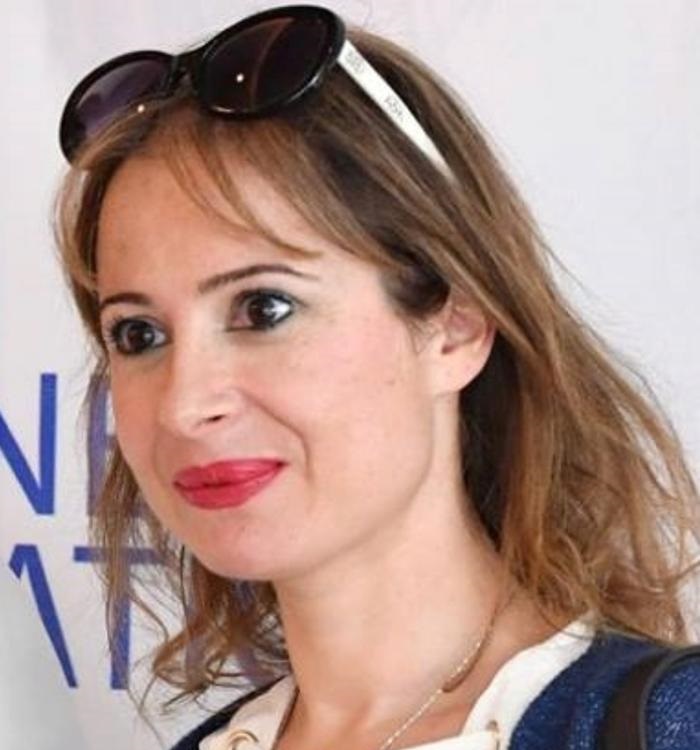
Lebanon, which was historically considered the only Arab democracy in the Levant region, with its religiously, racially and culturally mixed population and 18 officially recognized sects, has been witnessing, since 2019, a decline in its essential nation state forming components of defined territory, a permanent population and a sovereign government.
As the countdown for Lebanon’s May 2022 parliamentary elections started, Lebanon was classified for the first time as an “authoritarian regime” according to the Economist Intelligence Unit’s (EIU) annual Democracy Index (measuring democratic progress in 165 independent states and two territories), dropping by three places from its 2021 classification as a “hybrid regime.” Hybrid regimes are characterized by widespread corruption, weak rule of law, harassment of journalists, “substantial irregularities preventing elections from being free and fair,” and pressure on opposition parties and candidates. On a one-to-ten scale, Lebanon scored 3.84, for 60 indicators, grouped into five categories: electoral process and pluralism, functioning of government, political participation, political culture, and civil liberties.
It is of interest to Middle Eastern experts to closely observe the development of events leading to the Lebanese parliamentary elections this year, in the midst of the ongoing socio-economic disintegration, the financial collapse, and the decay in governmental institutions, controlled by political leaders who no longer try to hide their corruption and who control their sectarian bases.
Undoubtedly, it is only by a substantial reform of the prevailing political rule and a systemic change through transparent electoral processes, that real Democracy could be saved in Lebanon- otherwise, in the absence of the Lebanese people’s free will, it is a lose-lose situation. While the October 17th 2019 public revolt against corrupt local politicians have led to the formation of different independent civil groups and coalitions, non-aligned with the main power players, it has also revived some old leftist and newly-aspiring political movements.
Nevertheless, with the physical violence and intimidation that was exercised against civilian protestors and the media, pressure from parties’ leadership against rebellious members, infiltration of their strategic planning meetings, and with limited resources and constant threats to their personal safety and security, these opposing groups have not been able recently to gain the popularity needed to win over electors’ votes against the massive electoral machines of political tycoons and their fierce attacks.
The blurry image will gradually become clear in the next few months leading to the elections’ date of May 15th. In the meantime, extremist and terrorist elements and networks will continue to take advantage of the official power vacuum and the unstable status quo to spread chaos wherever they can.
The ground is so shaky and the stakes are so high, that for many, this year’s elections represent nothing short of a survival battle, for which a significant part of the Lebanese population will fight against a total surrender to the growing pro-Iranian influence. Against all odds, the ones under the siege and who have not surrendered yet, will pursue their struggle to bring back, one day, Lebanon’s true Democracy.
